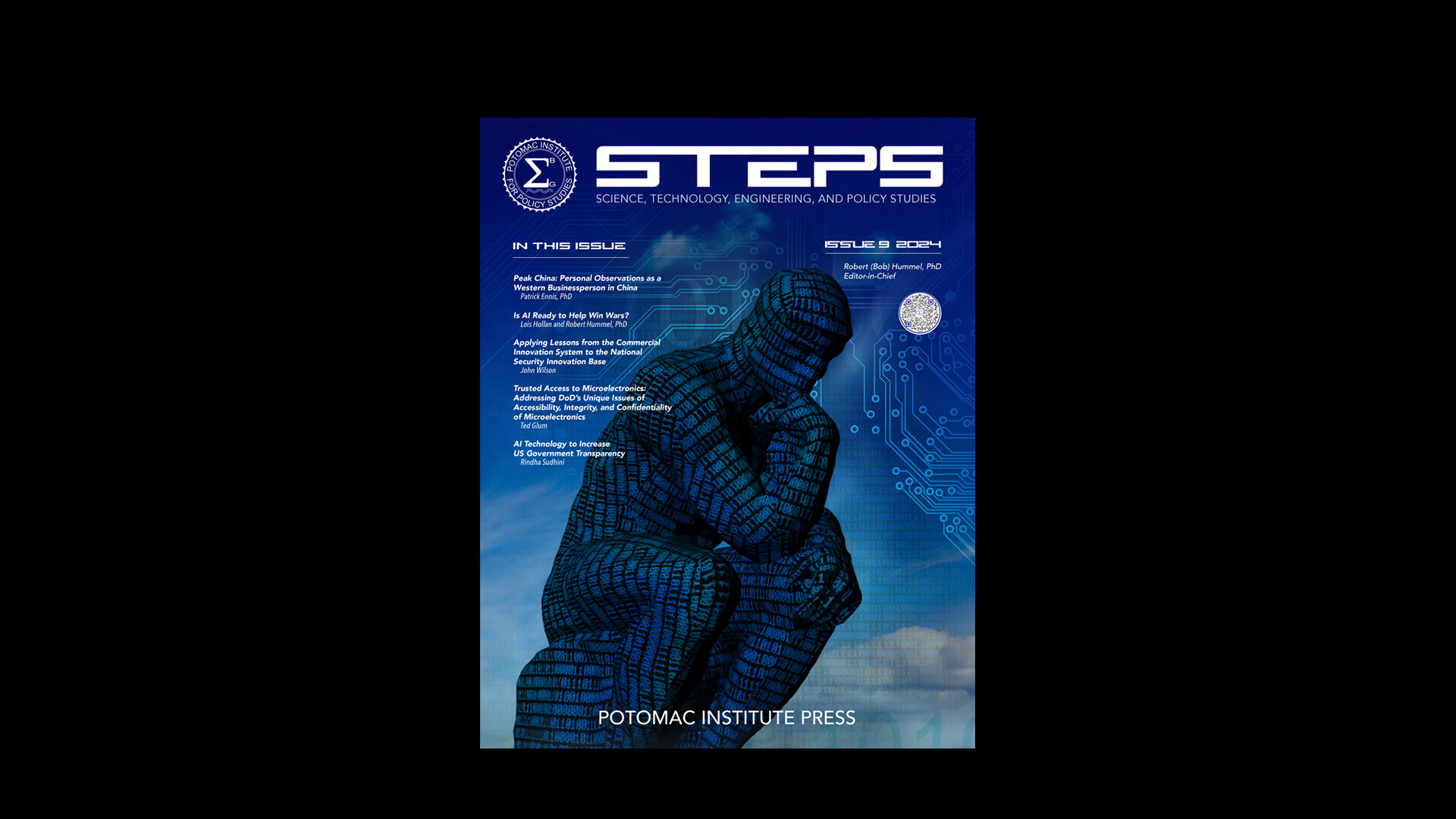Brian Barnett
We should create an Internet House of Representatives, where your representative is chosen based on your political beliefs rather than based on where you live. A representative democracy is a good system because of the sheer size and complexity of our federal government. The men and women in Congress dedicate their time to synthesizing the advice of experts, the desires of constituents, and the influence of interest groups to make informed decisions and choices for our government. The average citizen does not have time to learn or deal with the intricacies of our bureaucratic systems. Yes, their voices should be as well represented as possible, especially in situations where a vote can easily determine a policy outcome, but they do not necessarily have the time and resources to make every political decision.
A representative democracy therefore makes sense when the general population is not interested in writing the content of laws for issues in which they have no education. The Internet provides us all with the opportunity to become educated across many fields, but we do not (yet) have the technology that minimizes the inordinate amount of time that this requires. When we think about the ways in which the Internet affects the government, a logical application would be the creation of a direct democracy. Everyone with an Internet connection could vote on all of our laws and the simple majority would win. This scenario raises the above issue of whether people have the time and knowledge to accomplish this feat effectively. I would argue that a representative democracy still makes sense in the Digital Age, but we can leverage the benefits of the Internet within this framework when it comes to how well the people we elect to Congress represent our interests.
Why are our representatives divided based on state lines and districts? If I am a conservative voter living in San Francisco or I am a liberal voter living in Oklahoma, my voice will be washed out by the opposite majorities in my district. Does this mean I am really being represented if my representative votes in diametric opposition to my political beliefs? What about in a moderate district where the voters are split 50/50 but my candidate just barely lost? Is my voice again stifled if the winner of the election is not in line with my political beliefs? Should I have to move to a district that is more in line with my beliefs? The average margin of victory for a representative across the US is 33%. This shows that 66% of the population has a representative that they voted for (regardless of how well this person will actually represent them), but 33% of the nation does not have a representative who even comes close to matching their political beliefs. The Internet allows me to communicate and become very close to other people around the country. Why can’t I form a voting bloc with similarly minded men and women in Seattle, Reno, Nashville, and Cleveland to have an impact on the federal legislative branch?
This Internet House of Representatives could be made up of 300 women and men (one representative per roughly one million people), elected every 2 years, who each represent a constituency made up of a population spread out among the US. Their offices, lines of communication, reports, and bills could all be located on the Internet so everyone can evaluate candidates and vote for the person who best represents their interests. The details of how you vote for these representatives and the reassignment of federal-state interactions in the Senate or elsewhere are important as well, but do not need to be hashed out here to make the point. In today’s world, where the Internet is the nervous system that connects us all together, our national policies and laws should be written by representatives whose path to Congress is based on the usage of this nation-bridging technology.

















